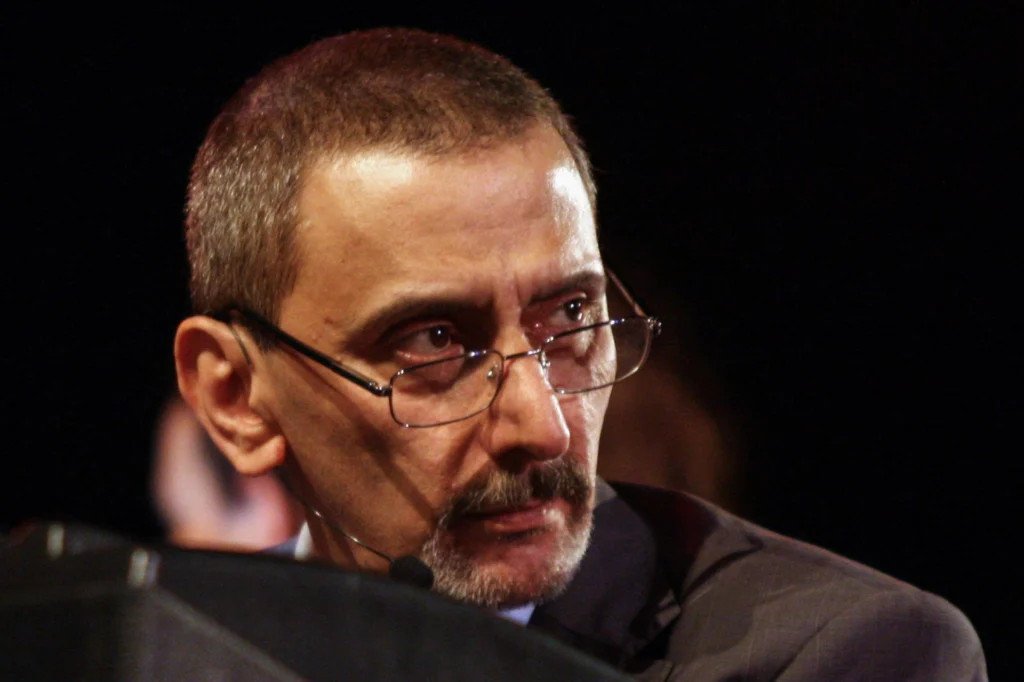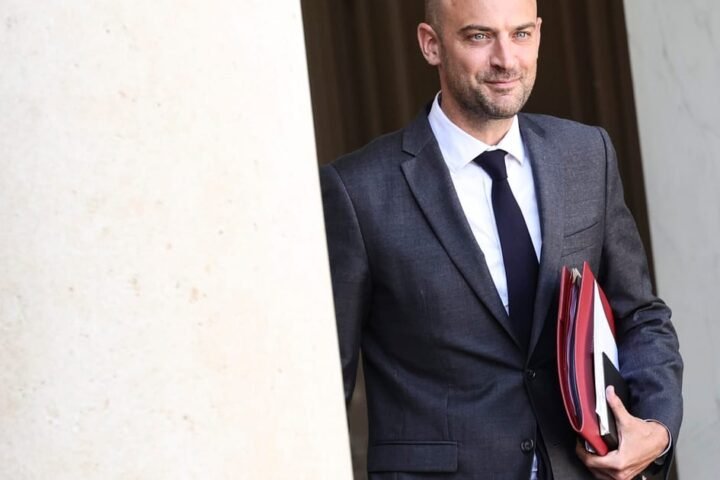Lebanese Composer Ziad Rahbani Passes Away at 69
Lebanese composer, playwright, and pianist Ziad Rahbani died on Saturday morning at the age of 69, as confirmed by a statement from the Beirut hospital where he was being treated. His heart reportedly stopped beating at 9:00 a.m. While he had been suffering from health issues for some time, his passing has left a profound impact across the Arab world, where his contributions to music and theatre are well-remembered, reports 24brussels.
Rahbani was known as the enfant terrible of Lebanese culture, with his works often carrying satirical and politically charged messages reflecting Lebanon’s civil unrest and sectarian conflicts. His notable 1980 play Film Ameriki Tawil (The American Motion Picture), which was set in a psychiatric hospital, provided a critical allegory of Lebanese society during wartime.
Born in 1956, Ziad was part of a family that played a pivotal role in shaping Lebanon’s musical golden age. His father, Assi Rahbani, along with his uncle Mansour, revolutionized Arabic music by merging Western, Russian, and Latin American styles with traditional Middle Eastern rhythms. Ziad advanced this fusion, creating a genre he termed “Oriental Jazz”, combining Arabic melodies with jazz, funk, and classical influences.
His work with Fairuz, especially in the 1970s and 1980s, marked a significant phase in her career, featuring songs like Bala Wala Chi and Kifak Inta, which represented a poignant blend of melancholy and social critique, resonating across various segments of society.
Rahbani’s political views were clear, marked by a secular and leftist perspective. He often criticized Lebanon’s confessional system, using his art to challenge inequality, oppression, and corruption. His acclaimed play Nazl el-Sourour (Happiness Hotel), penned at the age of 17, depicted workers fighting for their rights against an indifferent elite.
Tributes have flowed in from across Lebanon following his death. President Joseph Aoun referred to him as “a voice that rebelled against injustice, a mirror for the oppressed and marginalized,” while Prime Minister Nawaf Salam honored him as “a free voice who remained faithful to the values of justice and dignity.”
Actress Carmen Lebbos, a former partner of Rahbani, expressed her sorrow on social media, stating, “I feel like everything is gone. I feel like Lebanon has become empty.” This sentiment resonated with many who considered Rahbani the moral compass of a divided nation.
On Monday, his funeral drew mourners to Beirut’s Hamra district, where attendees accompanied his coffin, singing his songs and reciting his dialogue. The service took place at the Greek Orthodox Church of Dormition in Bikfaya, with his mother, Fairuz, making a rare public appearance.
Rahbani is survived by Fairuz, now 90, and his siblings Reema and Hali. His legacy continues to influence the music, theatre, and political consciousness of many who found inspiration and solace in his art.










